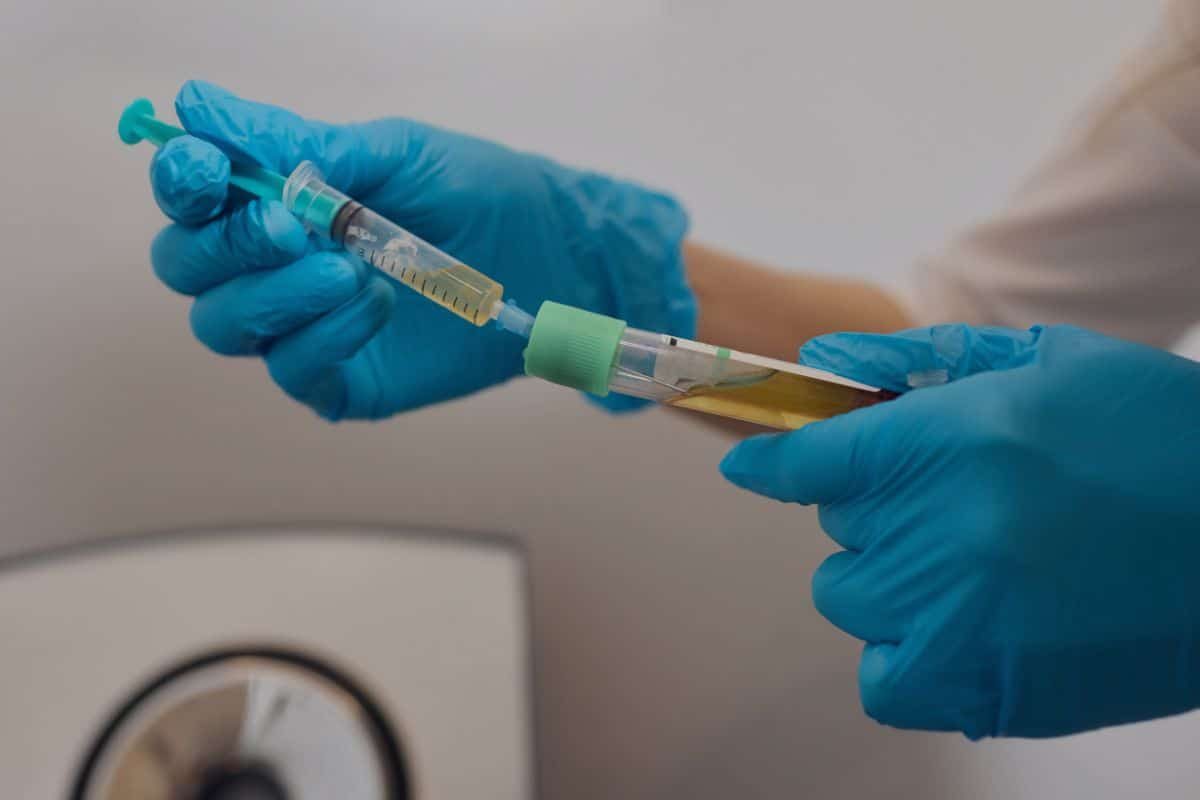PRP Proves Just as Effective in Early and Advanced Cases of Knee Osteoarthritis

Introduction
Reports have concluded that platelet-rich plasma (PRP) is an effective and safe biological approach to treating knee osteoarthritis (OA). However, the effectiveness of PRP in advanced stages of the disease is not entirely clear. The purpose of this study was to evaluate whether the use of PRP would be as effective in studies with early-moderate knee OA patients compared to studies including patients with end-stage OA, based on the Kellgren–Lawrence classification.
Materials and methods
A comprehensive search in MEDLINE, EMBASE, Scopus, and Web of Science databases was conducted to identify randomized controlled trials (RCTs) comparing the effect of PRP injections versus other intra-articular treatments on pain and functionality. A meta-analysis was conducted using a random-effects model and the generic inverse variance method.
Results
We included 31 clinical trials that reported data from 2705 subjects. Meta-analysis revealed an overall significant improvement of both pain and function, favouring PRP. Subanalysis for pain and functional improvement showed significant pain relief in studies with 1–3 and 1–4 Kellgren–Lawrence OA stages and a significant functional improvement in studies with 1–2, 1–3 and 1–4 knee OA stages, favouring PRP.
Conclusion
Our results indicate that including patients with advanced knee OA does not seem to affect the outcomes of clinical trials in which the effectiveness of the PRP in knee OA is assessed.
Click here to read more.
If you’re interested in seeing any of our specialists, please leave an enquiry via the form below.
